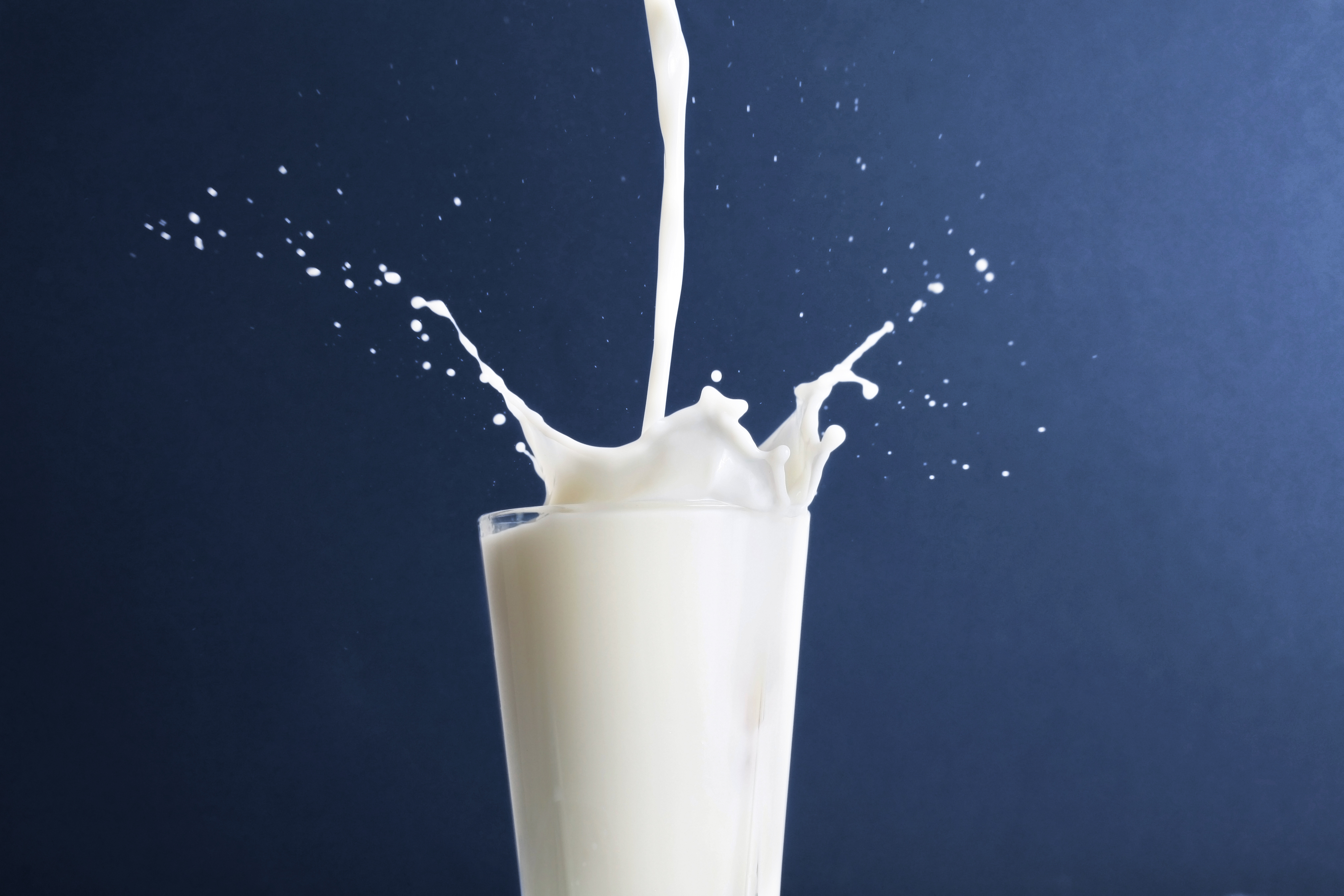Milk proteins to become a source of vitamin D
Vitamin D deficiency is a massive problem in the winter at our latitude. Even with a balanced diet it is difficult to fully cover your vitamin D requirement. With a backing of 13 million Danish kroner from Innovation Fund Denmark, a new project – DFORT – will endeavour to improve the uptake of vitamin D from fortified foods by building the vitamin into milk proteins.

- Vitamin D deficiency is a widespread problem and there is a growing body of evidence that suggests that vitamin D is important for our health, explains Professor Lars Rejnmark from Aarhus University Hospital.
One way to overcome this problem is to fortify food products with vitamin D.
- Both in our neighbouring country Sweden and in several other countries it is compulsory to fortify milk with vitamin D, says Senior Research Manager Henrik Andersen from Arla Foods Ingredients.
The addition of vitamin D to food is not a simple process. Vitamin D is fat-soluble and is rapidly degraded in foodstuffs where it does not occur naturally. Humans also have difficulty in absorbing vitamin D from the diet, since its bioavailability is not optimal.
In a new 4.5-year project, DFORT, scientists will improve the uptake of vitamin D from fortified foods by stabilising the vitamin in milk proteins. The project, which has a total budget of 15 million Danish kroner has received funding to the tune of 13 million kroner from Innovation Fund Denmark.
The scientists in the project will develop strategies and technologies to enhance the stability of vitamin D in both fatty and non-fatty food matrices and liquids while increasing the vitamin’s bioavailability. The ambition is to create a basis for a better and more diverse fortification of foods with vitamins.
At Aarhus University, Professor Daniel Otzen from iNANO and his group will examine how selected milk proteins can encapsulate vitamin D and thus protect the vitamin from degradation. The milk protein complexes that show the largest potential for vitamin D stabilisation will subsequently be tested by the Department of Food Science for how they are affected by food processing, storage, and light and heat.
- These are the factors that are most important for the stability of vitamin D, says Postdoc Morten Rahr Clausen from Aarhus University.
When the scientists have identified the best combination of milk proteins for vitamin D stabilisation in a food matrix, the bioavailability of the vitamin will be studied in a long-term human intervention study. It is expected that the matrix-bound vitamin D will be less degraded in the acidic environment in the stomach so that more vitamin will be available for uptake. The intervention study will include phenotypic studies (metabolomics), which the Department of Food Science at Aarhus University specialises in.
- These studies should help identify the reasons why we respond differently to vitamin D supplementation. Such knowledge will make it easier to develop an effective fortification strategy, explains project manager Hanne Christine Bertram.
The project is interdisciplinary and involves scientists from Aarhus University Hospital, iNANO and the Department of Food Science from Aarhus University, Leida University in Spain, the University of Groningen in the Netherlands, and the companies Arla Foods Amba, Arla Foods Ingredients, DSM and Dilutables.
For further information please contact:
Senior Researcher Hanne Christine Bertram, Department of Food Science, email: hannec.bertram@food.au.dk, telephone: +45 8715 8353
